Information about R+D+i of grape juices and concentrates
At Julián Soler we are constantly improving our grape juice concentrates.
We work on innovation projects for their application in the food sector, baby food products, juices and soft drinks, wines and spirits, cosmetics and pharmaceuticals, a sector that is very interested in the properties of our grapes due to their high antioxidant content, polyphenols, resveratrol, etc.
We are the strategic partner of many companies to help them develop innovative products from grape juice and concentrates.
We have our own laboratory and R&D department to contribute our know-how and develop new solutions together with our customers and achieve the desired product for the end consumer.
All the certifications we have obtained guarantee our quality and food safety.
From the vineyard to innovation: applications of grape juice in food and beverages
According to Egyptian mythology, it was King Osiris himself who planted the first vine in the city of Thyrsa. Since then, the grape has been linked to the origin of wine in the world. Archaeological evidence traces the use of grapes for wine production back to around 6000 BC. For centuries, that sweet and fresh
- Published in RESEARCH AND DEVELOPMENT
Concentrated grape juice in infant nutrition: opportunities for innovation
The WHO and UNICEF recommend providing complementary foods from six months of age that are safe and nutritionally adequate. It is from the second half of life onwards that infants’ nutrient and energy needs begin to exceed what breast milk provides. In addition, it is at this age that babies are considered to be sufficiently
- Published in RESEARCH AND DEVELOPMENT
A Darwinian outlook on the challenge of cultivating grapes and diversifying their uses
Figures and commitment shape the present; consistency builds the future Opinion article – Grape harvest Campaign 2025-2026 – By Ramiro Martínez – CEO of JULIAN SOLER S.A. ON THE VERGE of a new harvest, which is expected to be of high quality despite the climatic challenges, already underway in some areas of Spain with early
- Published in RESEARCH AND DEVELOPMENT
Non-alcoholic beverage trend: why is concentrated grape must key?
Non-alcoholic beverages have evolved in recent years. Today, they constitute a rapidly expanding premium category, both in terms of product development and market growth. This category encompasses sophisticated offerings, functional formulations, and sensory experiences with high added value. It is a beverage segment that is redefining the global consumption landscape, ranging from premium cocktails and
- Published in RESEARCH AND DEVELOPMENT
How to use concentrated must in innovative products: real cases and applications
Grape juice concentrate is a sweet, thick elixir with an intense aroma and flavor that preserves the natural nutrients and organoleptic properties of grapes. It is a natural source of essential vitamins, such as A, C, K and E; key minerals, such as potassium, iron, calcium and phosphorus; and powerful antioxidants, such as resveratrol. In
- Published in RESEARCH AND DEVELOPMENT
Clean label with added value: how does grape must enhance functional foods?
Clean labels have become the new rule and strategic standard in the food industry. Today’s consumers demand foods made with natural, simple ingredients that are familiar to them. This has prompted manufacturers to reformulate their products and develop proposals aligned with this trend, and thus position foods effectively in the eyes of the consumer. However,
- Published in RESEARCH AND DEVELOPMENT
Did you know that must concentrate is very present in balsamic vinegars, semi-sweet vinegars and vinegar creams?
Vinegar, from the French “vin aigre” (sour wine), has been a condiment used and acclaimed since ancient times. The Romans used it as an energy drink and as a key ingredient for medicines and sanitizing substances. It was in the Middle Ages that concentrated grape must began to be used to create more refined, higher
- Published in CONCENTRATED GRAPE JUICE PRODUCTS, RESEARCH AND DEVELOPMENT
Innovation in food and beverage products with grape juice concentrate: global trends
It is not the same to have witnessed major events in the 1950s or 1960s, like the Baby Boomers, as it is to have been born into a fully digital society in 2000, like generation “Z”. Generational experiences shape consumer preferences and habits. Thus, food choices, how to decide what to eat, where to eat,
- Published in RESEARCH AND DEVELOPMENT
Innovation in the production of grape juice concentrate: sustainability and efficiency
“The company, for me, is the main instrument of service to society” / Julián Soler When we talk about sustainability in our grape juice concentrate production, we refer to an integrated, efficient and innovative management that encompasses environmental, economic and social factors. In our unique must-making process, we promote environmentally friendly agricultural and industrial practices
- Published in RESEARCH AND DEVELOPMENT
Your global grape juice solutions provider for food and beverage companies that innovate
We help our customers innovate and stay ahead of emerging food trends. The food and beverage industry is a sector in which consumer demands change and evolve rapidly. To adapt and remain competitive, innovation is essential. Of course, this also implies having the ability to develop differentiated products adapted to market demands. At JULIÁN SOLER
- Published in RESEARCH AND DEVELOPMENT
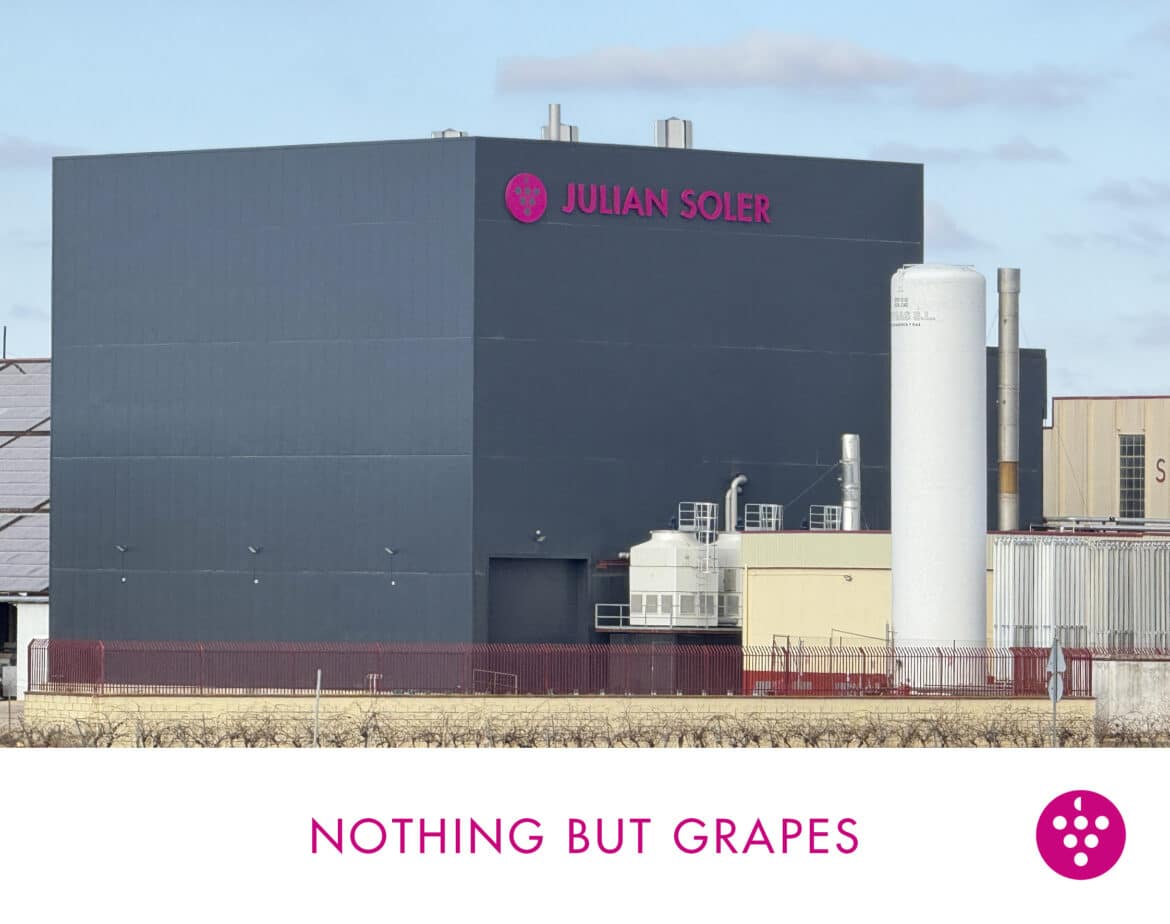

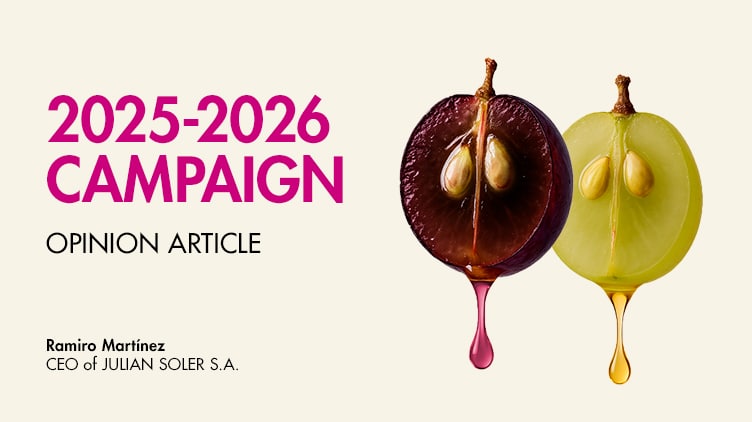
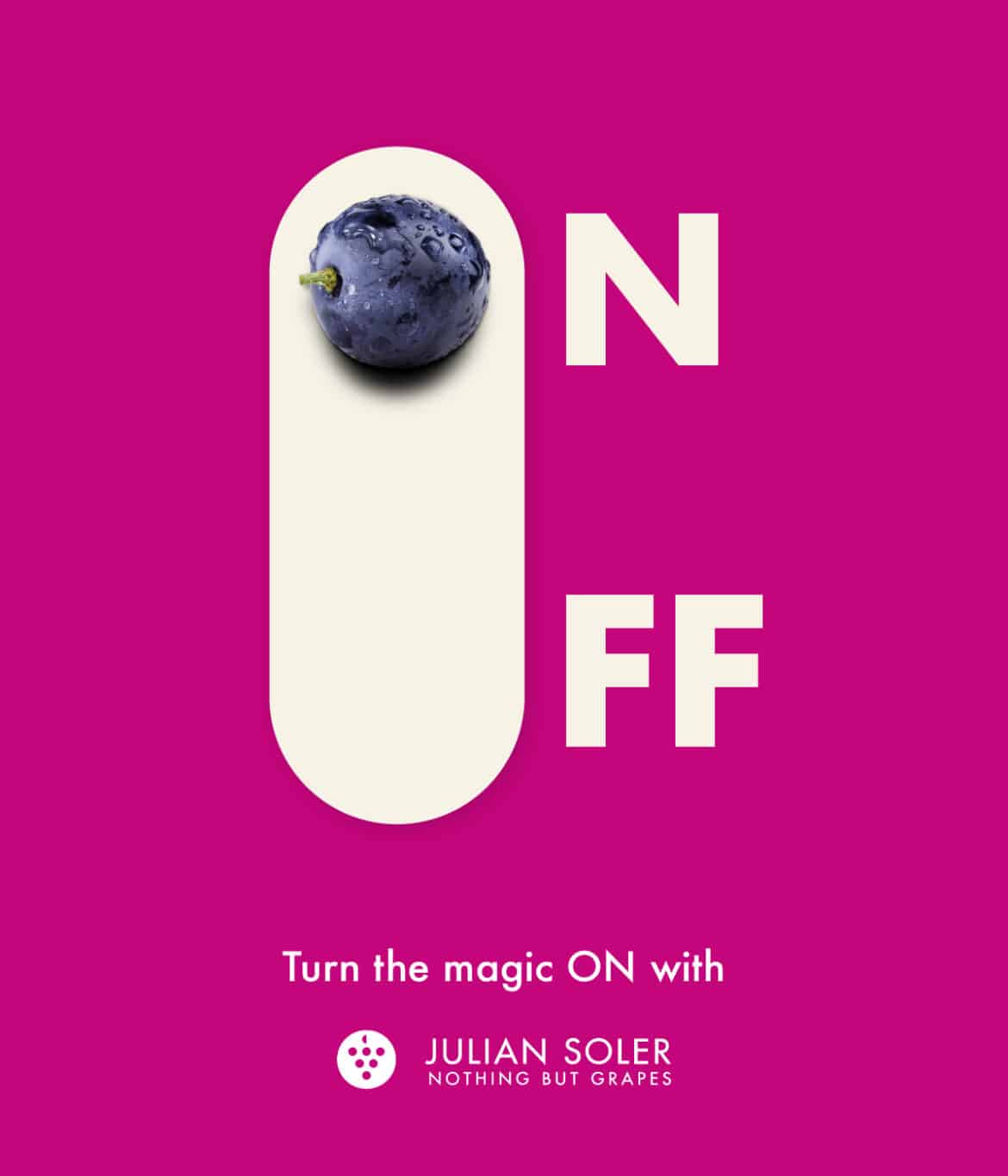


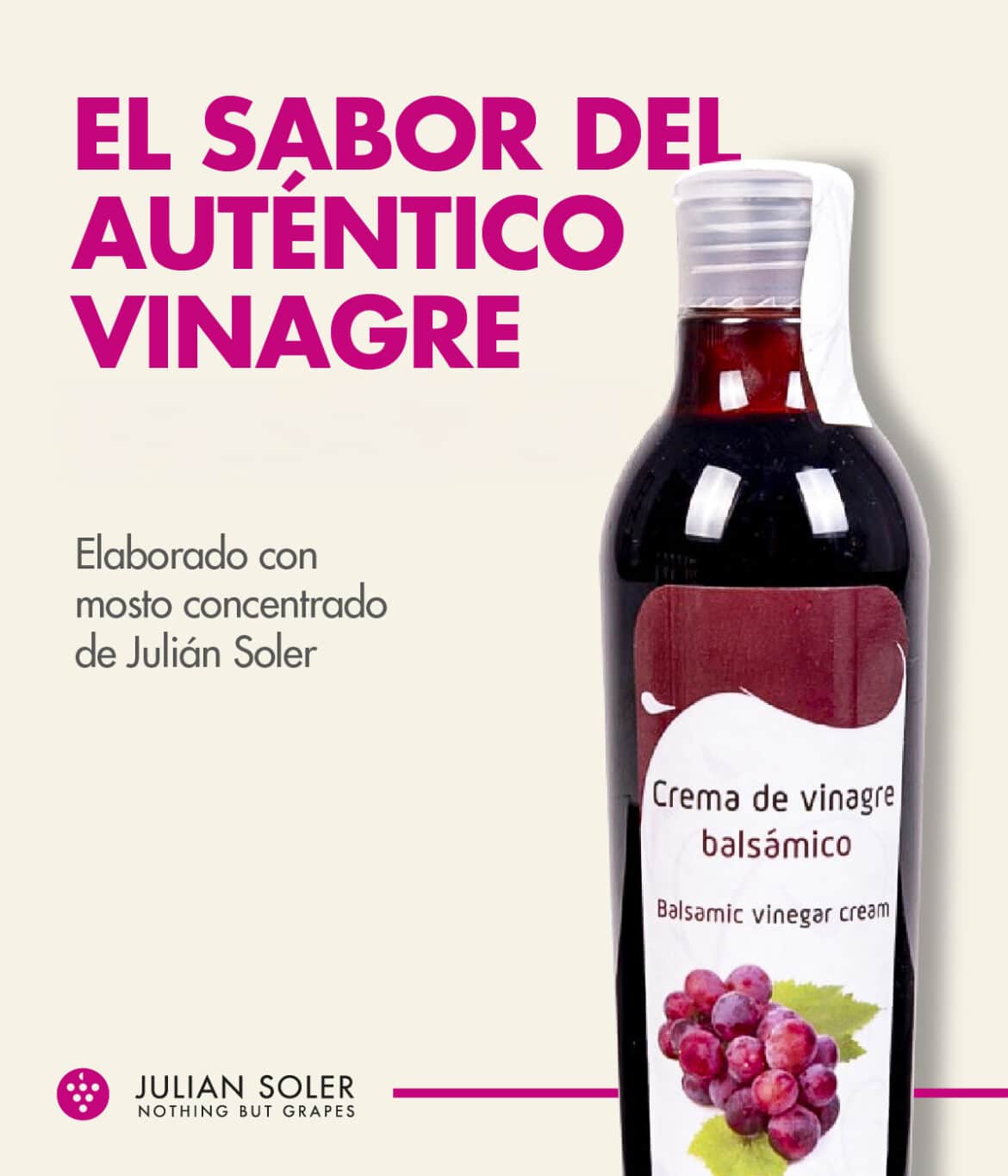


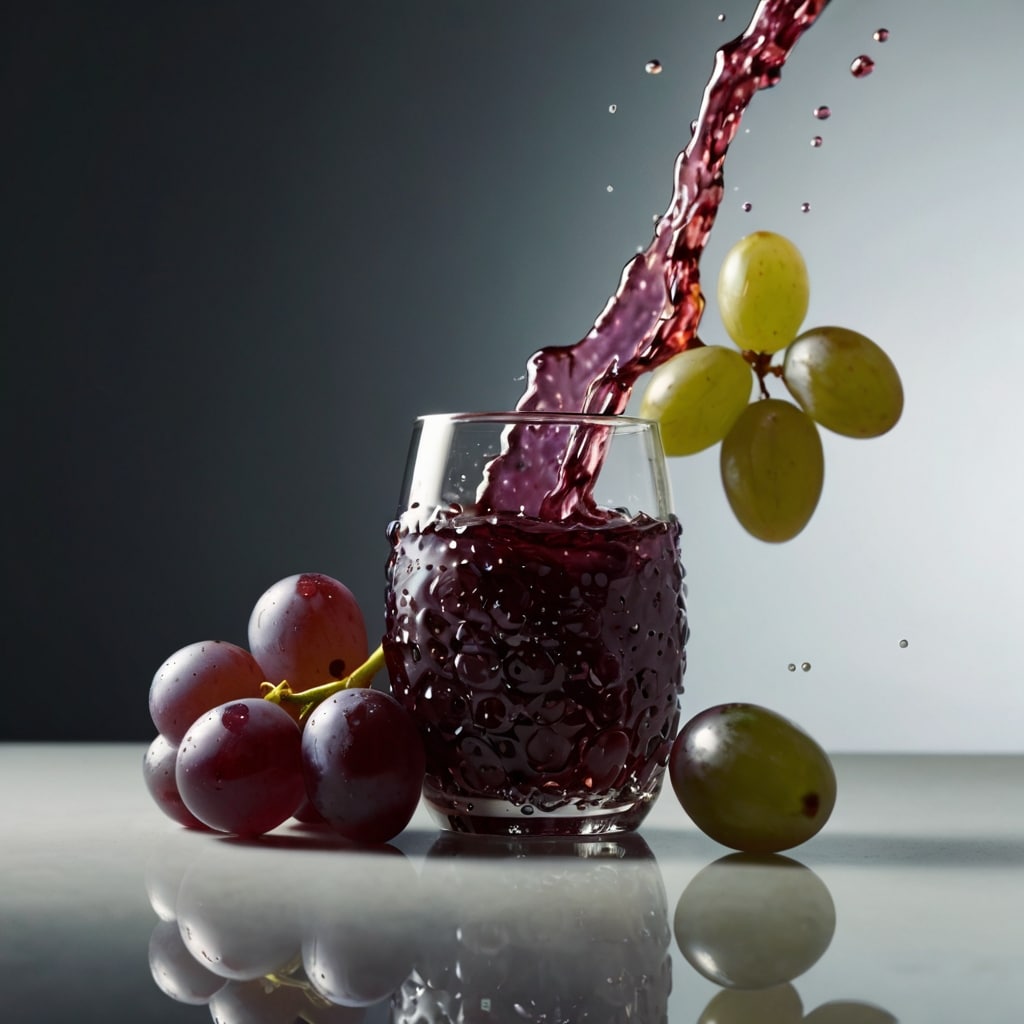
 by
by